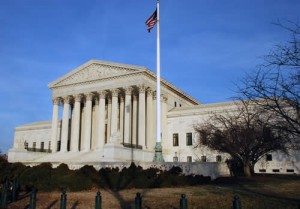Supreme Court Raises Doubts About the Money-Laundering Trap
 The federal money-laundering statute prohibits both the concealment of proceeds from crime and the use of such proceeds to promote illegal activities. While designed primarily with drug kingpins in mind, the statute’s broad language can easily become a trap for low-level criminals doing fairly routine things. (I posted recently on a good example of an aggressive use of the money-laundering statute.) Expansive readings of the statute mean that the penalties attached by Congress to many predicate offenses become meaningless, as nearly everyone becomes subject to the twenty-year maximum prison term triggered by a money-laundering conviction. Responding to this concern, the Supreme Court recently adopted narrow constructions of the money-laundering statute in two cases, United States v. Santos, 128 S.Ct. 2020 (2008), and Cuellar v. United States, 128 S.Ct. 1994 (2008). The cases may point the way towards a more discriminating money-laundering jurisprudence that attempts to reserve the harsh penalties of the statute for the most deserving defendants.
The federal money-laundering statute prohibits both the concealment of proceeds from crime and the use of such proceeds to promote illegal activities. While designed primarily with drug kingpins in mind, the statute’s broad language can easily become a trap for low-level criminals doing fairly routine things. (I posted recently on a good example of an aggressive use of the money-laundering statute.) Expansive readings of the statute mean that the penalties attached by Congress to many predicate offenses become meaningless, as nearly everyone becomes subject to the twenty-year maximum prison term triggered by a money-laundering conviction. Responding to this concern, the Supreme Court recently adopted narrow constructions of the money-laundering statute in two cases, United States v. Santos, 128 S.Ct. 2020 (2008), and Cuellar v. United States, 128 S.Ct. 1994 (2008). The cases may point the way towards a more discriminating money-laundering jurisprudence that attempts to reserve the harsh penalties of the statute for the most deserving defendants.

